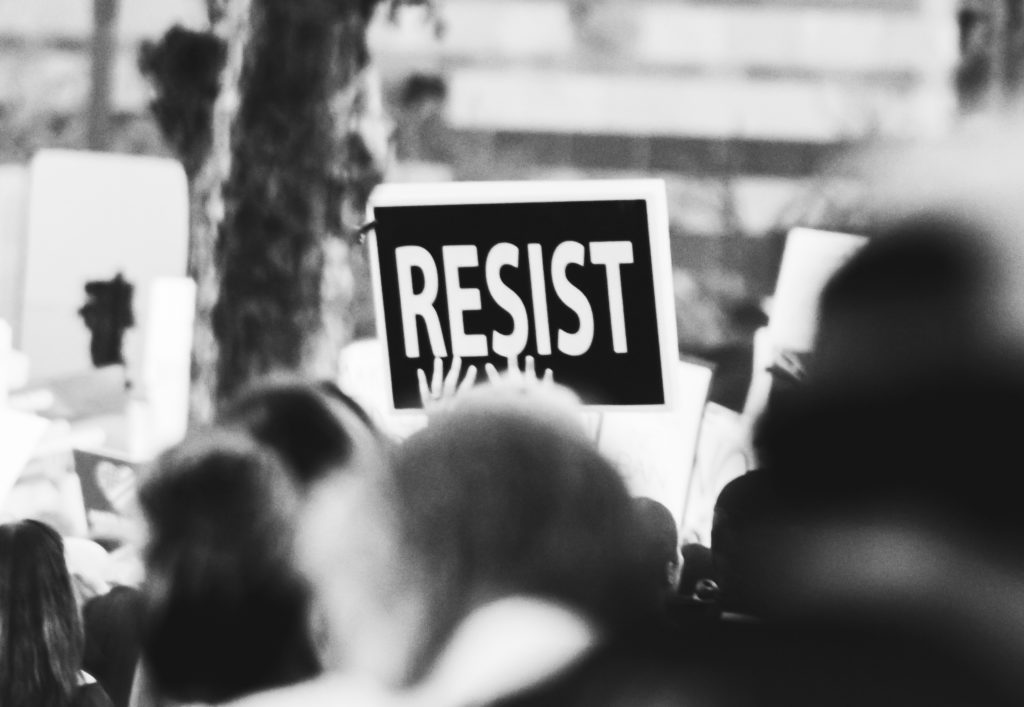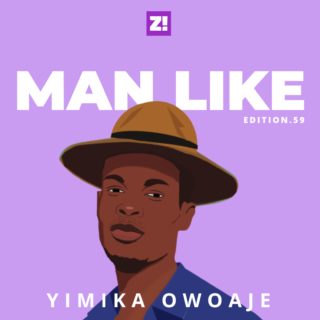Citizen is a column that explains how the government’s policies fucks citizens and how we can unfuck ourselves.

The right of citizens to protest is protected by the right of assembly, free speech, freedom of association and freedom of movement, contained in the Universal Declaration of Human Rights. Yet, governments worldwide always attempt to suppress the voice of dissent among the populace.
It’s an act we’ve seen worldwide, in different countries. In India, the government threatened arrests and physical violence against protesters who were expressing their discontent with a new citizenship law. Still, hundreds of thousands of Indians showed up. Protesters continued to grow in number despite the use of deadly force, with the governments’ efforts backfiring.
In Hong Kong, similar threats did not prevent 1 million people from pouring out in support of the movement. The protests have continued non-stop since March 2019.
Seemingly, these threats of crackdowns incense the populace further and strengthen their resolve.
Some governments try a different, subliminal approach. Many traditional media outlets are either sponsored, controlled or threatened by the government, but not the internet. Rather than threats of violence, authorities often opt to shut down the internet, a medium of communication that they are unable to control and censor. As we’ve seen in Nigeria, the internet is the only means of receiving and broadcasting accurate information as they happen, away from the grasp of government censorship in media houses.
In Sudan, the authorities blocked access to Facebook, Twitter and Instagram to quell anti-government protests. There, citizens relied on Virtual Private Networks to bypass internet restrictions.
In 2019, the Iranian government shut down internet services
Other governments opt for a more crude approach. Paid protesters, who are offered as low as ₦1,000 per person to counter legitimate protesters, have been documented. All these have been done in an attempt to discredit the protesters and perhaps cause violence.
Regardless of the methods governments use to suppress protests, the people creatively find a way to bypass restrictions. VPNs and alternative communication means have continued to help citizens avoid censorship by the authorities. In Nigeria, the sheer number of protesters were sufficient to counter hoodlums who intended to stir up violence and smear the protests.
The Nigerian government can see that the playbook has changed; the people will no longer be silent.
We also inform you about what to do in case the government shuts down the internet: #EndSars: A Guide To Staying Online In case Of An Internet Shutdown
We hope you’ve learned a thing or two about how to unfuck yourself when the Nigerian government moves mad. Check back every weekday for more Zikoko Citizen explainers.




